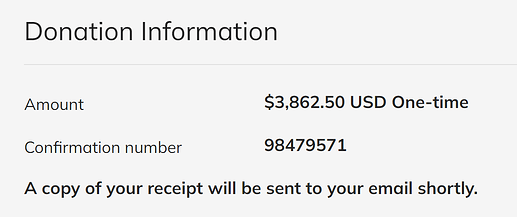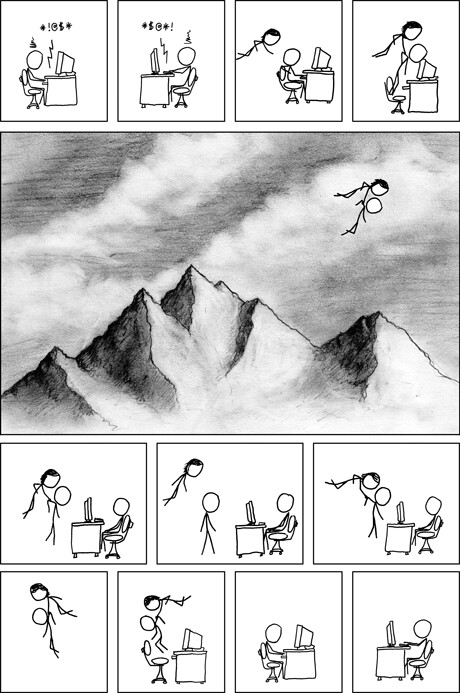This is another important difference: the deliberate and imposed nature of the whole process.
Members couldn’t say no to this, not only were they not able to leave, but they also couldn’t decide to stay, but not go through with this organized and imposed “game”.
In the type of online gathering place I was referring to, there is no authority that makes the rules, there are no “games” that one is obligated to play in order to have a say.
If someone is being aggressive and insulting to you, not only can you leave, but you can also ignore them and not interact with them, without this being considered a breach of some rules that you must adhere to.
This is kind of a “snowflake” take on what essentially is real life, regardless of online communities and spaces. In real life, anyone you meet can do just that: say anything they want to you.
The same tools you have available in real life (ignore them, say something nasty back, say something appeasing back, try to change the subject, leave, etc) are also available in the kind of online spaces I propose.
How oppressive would life feel if you couldn’t tell someone what you wanted because “it’s against the rules”?
How would you feel if the only reason someone wouldn’t tell you what they really thought about you was that “it’s against the rules”?
Why encourage a world where people are faking their entire social interactions, just to appease some arbitrary rules? That’s how you end up with repressed feelings that suddenly erupt into scandal, at an individual level, or secret plots by whole repressed groups, to subvert or attack the entire system.



